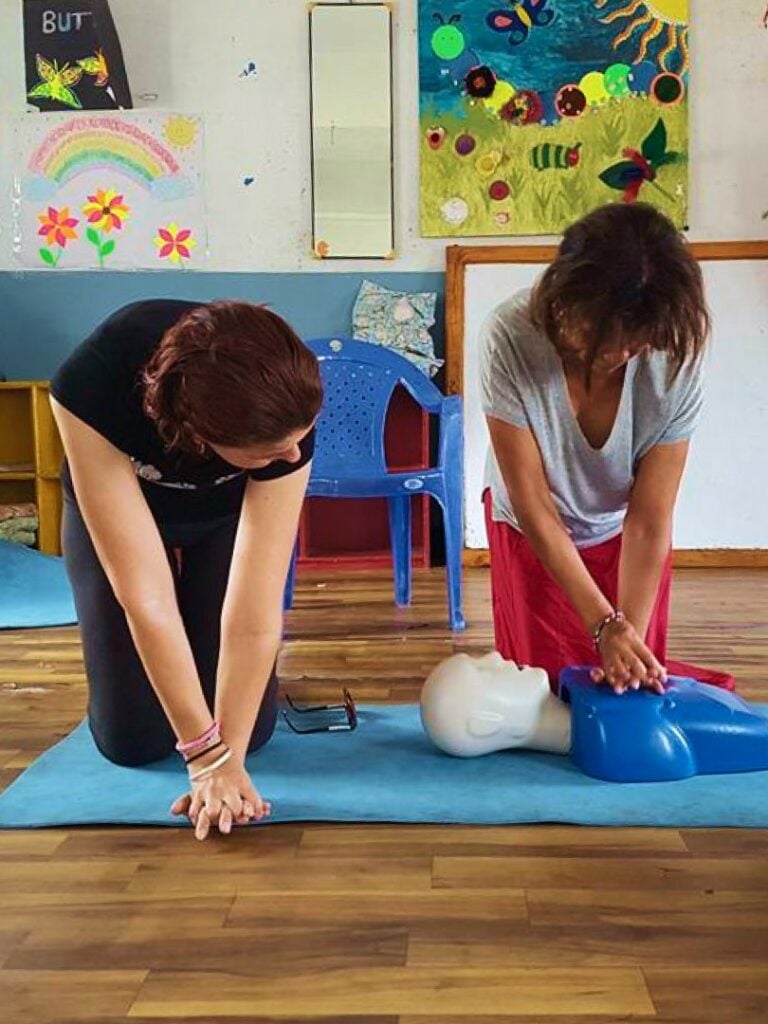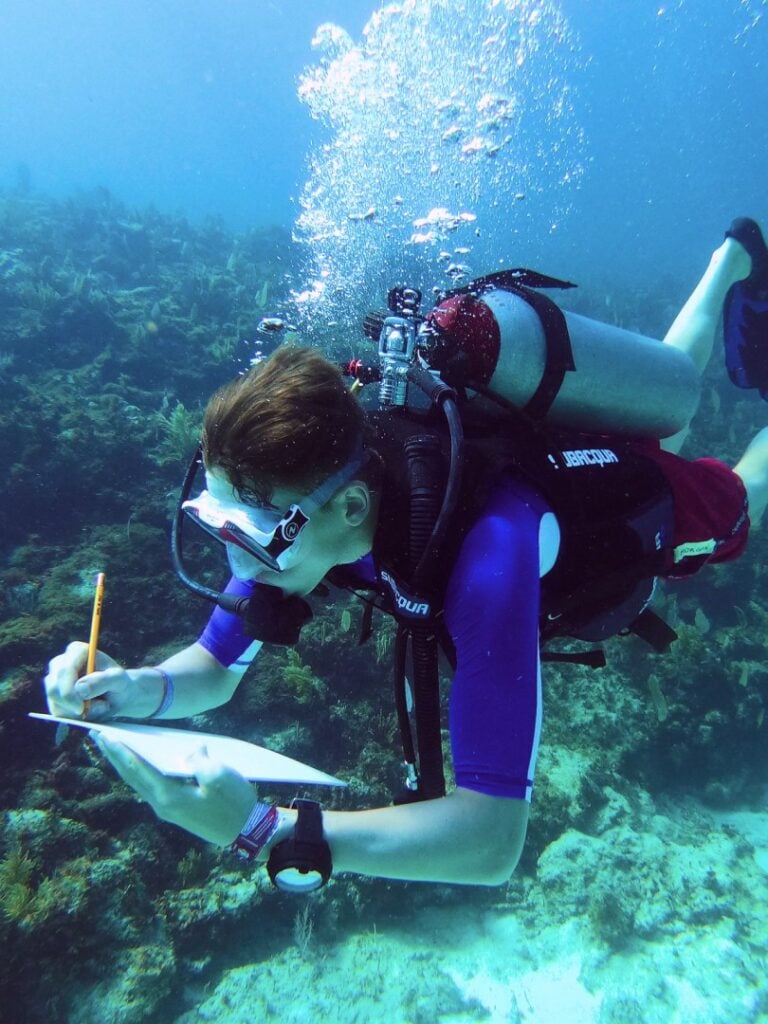Explore the different types of peccaries found in Costa Rica, as well as their importance in the local ecosystem, habitats, behavior, and social structure.
GVI
Posted: May 10, 2023

GVI
Posted: December 13, 2022
A gap year is a popular choice for high school graduates who want to take a break before starting college.
But what does taking a gap year mean for your college application? Here are some tips for making the best start as you prepare for college after a gap year.
First, it’s important to remember that taking a gap year doesn’t mean your college dreams are over. In fact, many colleges and universities recognise the value of a gap year and will take it into consideration when reviewing your application. However, you’ll need to make sure you use your gap year wisely and effectively.
One way to do this is by gaining work experience or volunteering during your gap year. This not only shows colleges that you’ve been productive during your time off, but it also demonstrates your interests and passions. For example, if you spend your gap year working in a public health program, it may indicate that you’re interested in pursuing a career in the medical field.
Another way to make the most of your gap year is by taking classes or engaging in other educational opportunities. This could include taking online courses, attending workshops, or participating in a volunteer abroad program. These experiences can help you build your skills and knowledge, and they can also make you a more well-rounded and attractive applicant to colleges.
Read: What to do in a gap year


When it comes to applying to college after a gap year, it’s important to be transparent and honest about your time off. Be sure to include information about your gap year experiences on your college application and in your personal statement. This will help admissions officers understand what you did during your gap year and why you chose to take time off before starting college.
One way to explain that you took a gap year on your resume is to include it in the education section, along with the other schools you have attended. For example, you could list your gap year experience like this:
“Gap Year (20XX-20XX): During this year, I travelled to Thailand and completed an internship with a local organisation.”
Alternatively, you could include your gap year experience in a separate section of your resume, such as “Additional Experience” or “Relevant Experience.” In this case, you could describe your gap year activities in more detail and highlight any skills or accomplishments that are relevant to the job you are applying for
Finally, make sure to apply to colleges that are gap-year friendly. Many schools have specific programs and resources for students who have taken a gap year, and they may be more understanding of your situation.
There are many colleges and universities in both the UK and the US that are friendly towards students who wish to take a gap year. In the UK, some examples of gap-year friendly colleges include the University of Oxford, the University of Cambridge, and Imperial College London. In the US, some examples of gap-year friendly colleges include Yale University, Brown University, and the Massachusetts Institute of Technology (MIT). These schools often have flexible admissions processes that allow students to defer their admission for a year in order to pursue other experiences, such as travel, work or service opportunities.
If you are planning to apply to college after taking a gap year, there are several ways you can make the most of a GVI program to enhance your application. First, be sure to thoroughly document your GVI experience, including any projects you worked on, skills you learned and challenges you overcame. This will give you a rich set of experiences to draw from when writing your college application essays and preparing for interviews.
Second, consider seeking out leadership opportunities within your program. This could involve taking on a role as a team leader or project manager, or simply showing initiative and helping to guide your fellow volunteers. Colleges and universities often look for students who are willing and able to take on leadership roles, and participating in a GVI program can be a great way to demonstrate these skills.
Finally, be sure to network and make connections with the people you meet through your program. This could include other volunteers, local community members, and our staff. These connections can be valuable resources for finding internships, job opportunities, and even recommendations for college admissions.
Chat to one of our program experts about the best program to boost your college application after a gap year.

Explore the different types of peccaries found in Costa Rica, as well as their importance in the local ecosystem, habitats, behavior, and social structure.
GVI
Posted: May 10, 2023